
Belabored: When COVID Never Ends
Long COVID is a labor rights issue.


Long COVID is a labor rights issue.
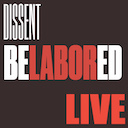
Join us on Thursday, December 15 for a live episode of Belabored.

Walmart and Kroger workers discuss the added stress of working during the holidays.
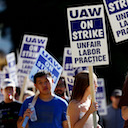
What happens at the University of California will set the standard for a sector that today employs more people than the federal government.

Daisy Pitkin’s On the Line is one of the best books ever written about American trade unionism.
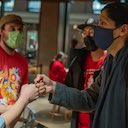
The major question facing DSA in the next few years is whether the organization can build deeper roots in the working class, particularly the labor movement.
Sam Adler-Bell responds.
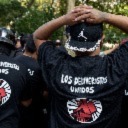
Delivery workers from New York and London join the podcast to talk about organizing during the pandemic.
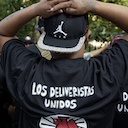
An organizer from Los Deliveristas Unidos talks about delivering food through the pandemic and what the group is fighting for next.
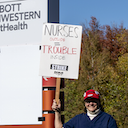
A mental healthcare provider discusses the pandemic’s effects on her work.
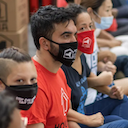
In a matter of years, DSA has turned from a musty debate club for retired social democrats into an electoral powerhouse of young, ecumenical radicals. What’s next?

A conversation with Ben Davis, the author of Art in the After-Culture: Capitalist Crisis and Cultural Strategy.
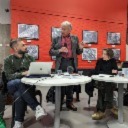
Labor journalists discuss media coverage of the recent strike wave in Britain.

The Italian far right has capitalized on the country’s profound economic dysfunction. But Meloni’s government will only bring more hardship to Italian workers.

Throughout the United States, racial separation remains a common feature of collective life. The consequences are significant for left political organizing aimed at building a multiracial working-class majority.